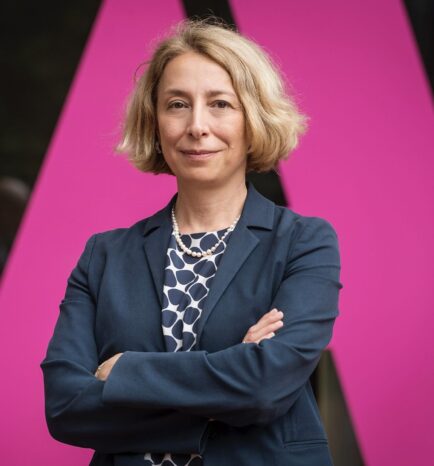The building sector is one of the largest contributors to global CO₂ emissions. Reducing these emissions is essential to achieving climate and sustainability goals. A promising path forward lies in transitioning toward a circular economy in the building sector.
Japan offers a compelling example: the reuse and recycling of materials have long been embedded in its architectural traditions and continue to inspire innovative contemporary practices. At the same time, Japan’s dense urban areas remain sites of continuous building, renewal, and transformation. Land is scarce, and while demographic trends may reduce overall construction demand, urban regeneration and replacement projects continue to shape the built environment. This raises a crucial question: how can we educate architects, planners, and engineers to create a high-quality built environment that aligns with principles of sustainability and circularity?
In this webinar, Prof. Dr. Oya Atalay Franck, Dean and Managing Director School of Architecture, Design and Civil Engineering and Member of the Executive Board of ZHAW, will share reflections and preliminary insights from recent visits to several higher education institutions, professional colleagues, and architectural sites across Japan, through the ZHAW-Swissnex Staff Mobility Program. The session will explore how cultural, academic, and design practices can inform more sustainable and adaptive building cultures worldwide.
This webinar will be followed by a Q&A session.



